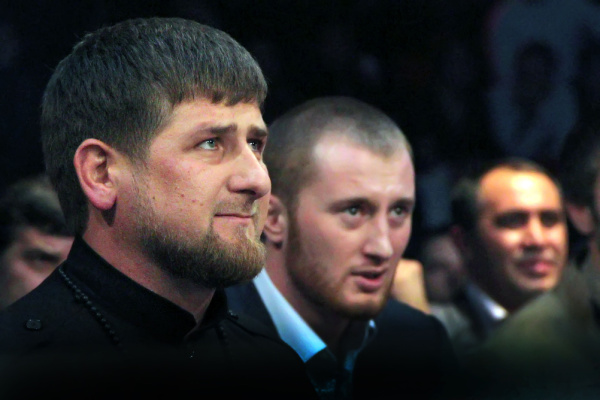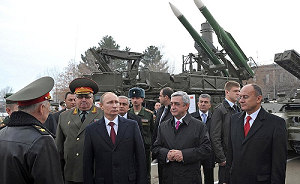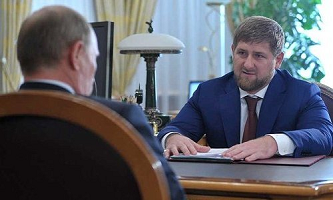Kadyrov in the Shadow of Prigozhin’s Death
By Alexander Yeo and Dr. Emil A. Souleimanov
October 26, 2023
The demise of Yevgeny Prigozhin, the head of the Wagner Group, in August marks a time of change for the Russian elite. Chechnya’s strongman Ramzan Kadyrov is one of the members of the elite most likely to take advantage of the situation to strengthen his own position. In contrast to Prigozhin’s unpredictability, Kadyrov represents a controllable alternative for Putin given his utter reliance on the Russian President, and thus will be able to provide loyalty and stability through his own private security apparatus. The utilization of this apparatus, however, presents risks for Kadyrov. Therefore, Kadyrov is likely to look to improve his internal political position within Russia in the coming months.

The Kremlin’s Security Strategy in the South Caucasus: Implications for Baku
By Anar Valiyev
March 7, 2017, the CACI Analyst
On November 30, 2016, the defense ministries of Armenia and Russia signed an agreement to establish a joint Russian-Armenian Military Joint Task Force (MJTF). In June 2016, Armenia agreed to join Russia's regional air security system designed to protect Russia's southern borders and its allies. The treaty allowed Armenia to rely on Russia's anti-aircraft system and military satellites in order to defend its airspace. In late September 2016, it was revealed that Moscow had transferred the Iskander mobile short-range missile system to Armenia. These recent developments have raised serious concerns in Baku over Armenia's military buildup and its consequences for the Nagorno-Karabakh conflict.

The Kremlin’s Last Resort: Kadyrovtsi in Russia’s National Guard
By Dmitry Shlapentokh
March 3, 2017, the CACI Analyst
Russia’s economic condition remains precarious, mostly due to low oil prices, whereas Western sanctions have created additional problems. There are so far few signs of public discontent and Putin’s approval ratings remain high. Yet the Russian leadership apparently does not exclude the possibility of mass protests similar to those erupting in early 2012, which could spread and create a problem for the regime. In response to this possible scenario, Putin announced the creation of a National Guard in April 2016, a process that should be completed in 2017. The National Guard incorporated Chechen forces loyal to Ramzan Kadyrov, which could be deployed by the regime as a last resort.





